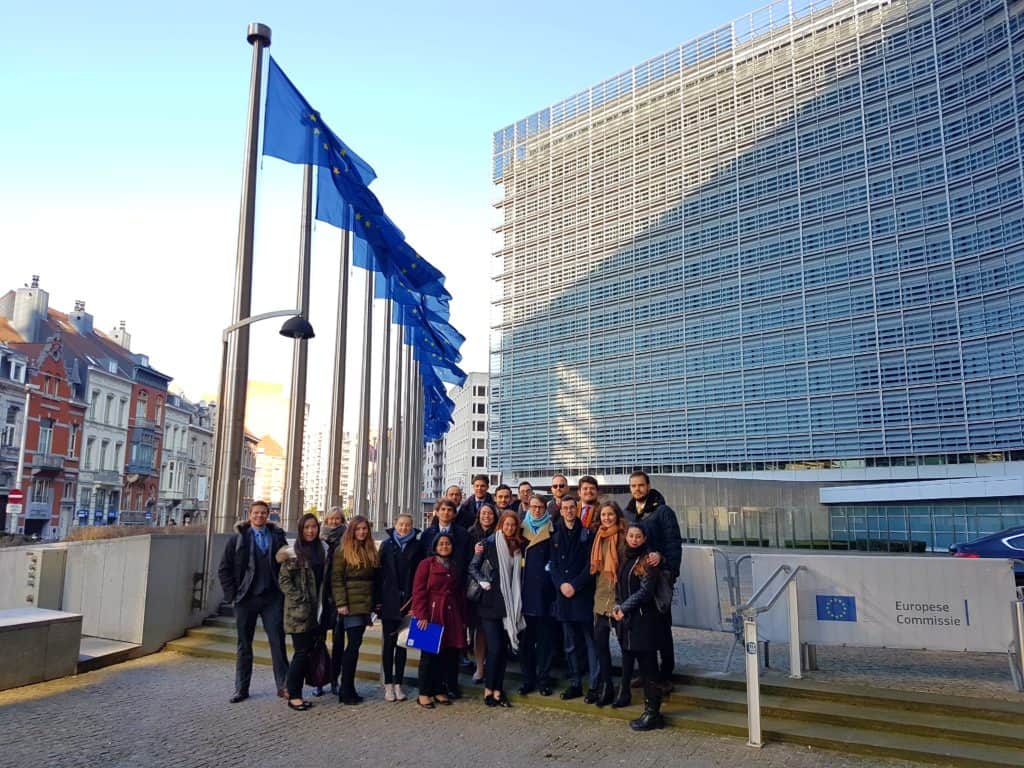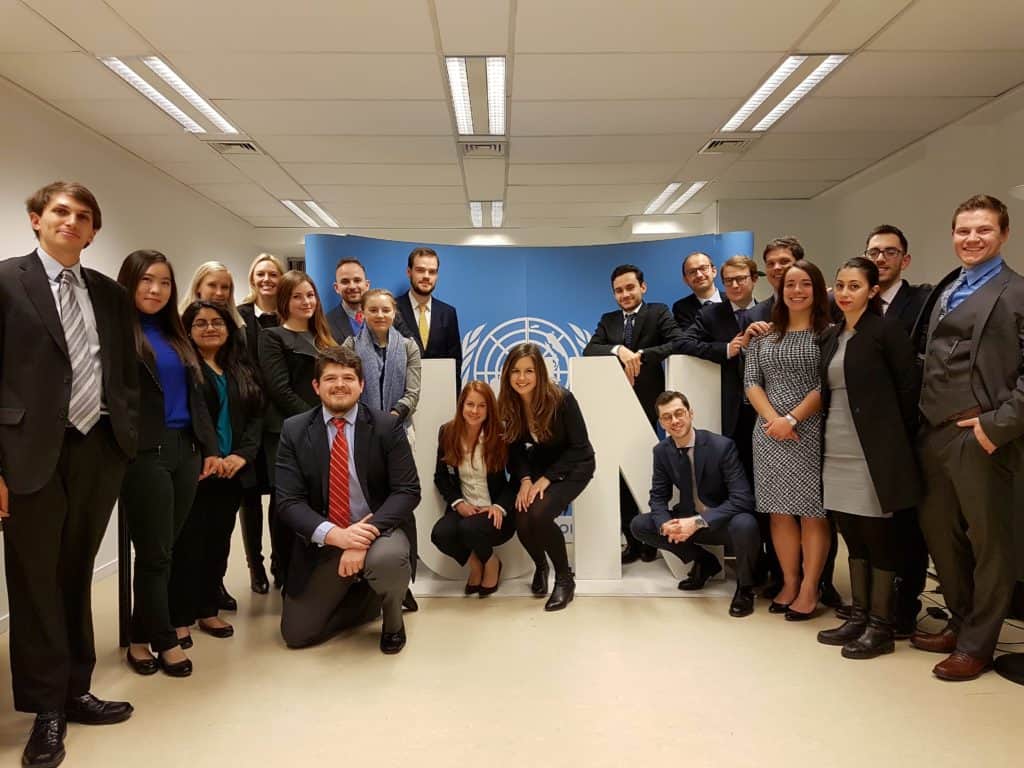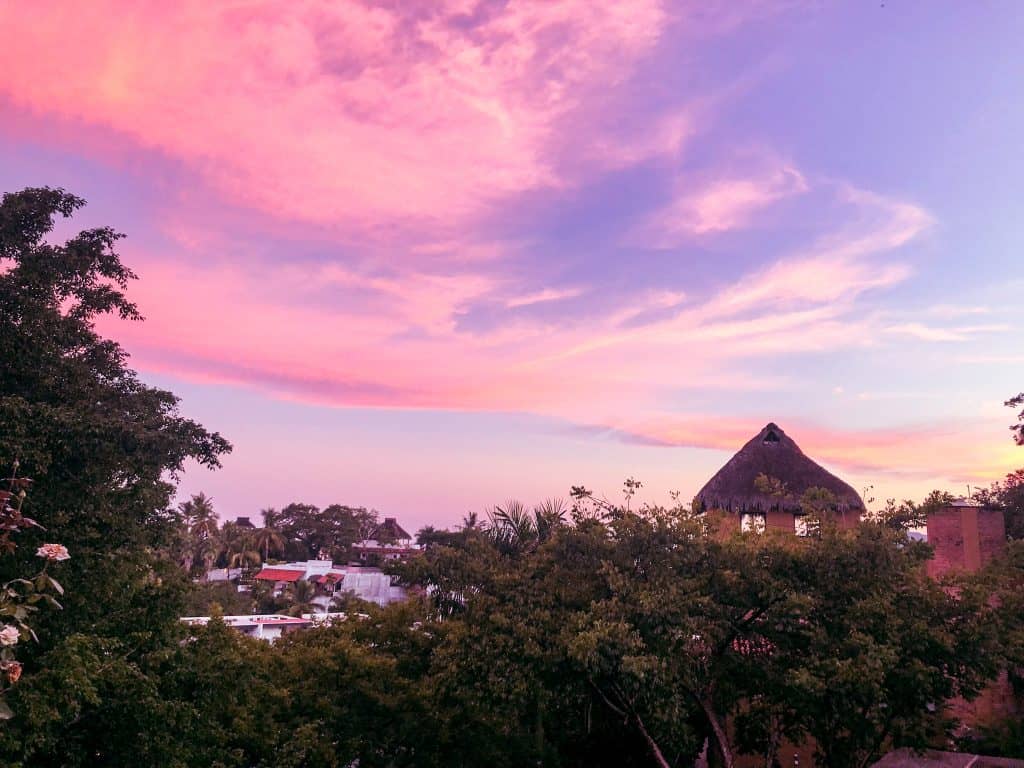SAIS Career Trek in Brussels
Here I participated in career trek to Brussels in late January organized by career services of the SAIS M.A. program. In our two program days, we visited 8 different potential employers including the European Commission, Carnegie Europe, KOIS Investing, and the International Crisis Group. I will summarize the consistent themes that my classmates and I came across, which may be useful to others.
Field work
An important theme of the week was fieldwork. A couple years of experience is expected before a career in the center of the European Union. A good way of completing field work is at a field office of an NGO, the UN, or a European agency in a developing country. Emphasis on work experience in one form or another is common across the job field for recent graduates, even for entry-level jobs. Individuals with no work or volunteer time will have a more difficult time making a case for themselves when applying for jobs.
Languages
This seems obvious but it came up often. Without knowledge of French, it is difficult to live in Brussels. Secondarily it is useful to speak Dutch or German next to English, which seems mandatory. At one think tank, Breugel, all employees speak at least three languages.
Education
For Master’s students such as us, most positions available take the form a research assistant position or an internship/traineeship without guarantee of full-time employment afterwards. Between a traineeship and a full time position, a typical career path might necessitate going outside of Brussels. This is where that fieldwork comes in. Another recommendation was to pursue a PhD, a minimum requirement for many policy institutions. Without more education or other work experience, there is little prospect for upwards mobility from traineeship/internship to a full-time research/policy position.
Brussels, the city itself
The city is obviously not as happening as per London or Paris but it has its own relaxed vibe with plenty of beer to drink. One consequence of the multicultural nature of Brussels and Belgium are neighborhoods which are segmented between French, Dutch and European. Inefficiencies are abound, often lamented by many alumni of Johns Hopkins and locals that we met. This leads to variable parking fines on different sides of the same street. Likewise, efficient transportation is also thwarted due to this segmentation. Such is life in Brussels.
Conclusion
Overall I could see myself working in the city. This trip helped me solidify what is necessary to get a job in Brussels. Nonetheless, this would take much hard work. Nothing in life comes easy. As I near the end of my academic career, I am actively pursing career possibilities in international trade, development, and policy.




